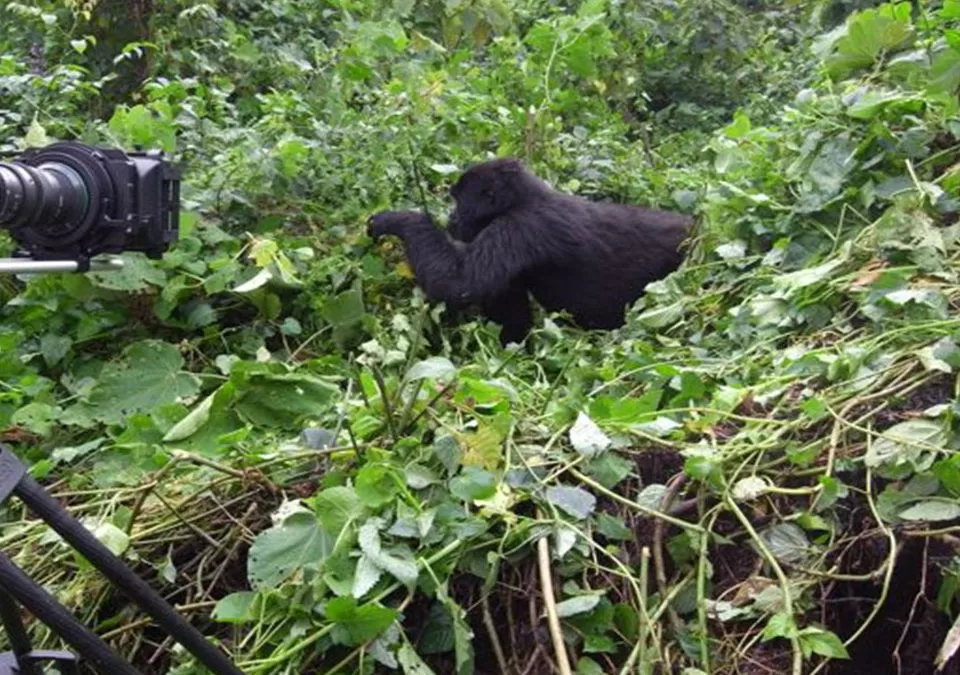
Uganda is an attractive destination for tourists, thanks to its natural beauty, wildlife, and cultural heritage.
Uganda’s main points of entry include the bustling Entebbe International Airport, as well as several key land borders shared with its neighbours, including Kenya, Rwanda, Tanzania, the DRC, and South Sudan. Most tourists will enter Uganda through Entebbe, but land border crossings are also popular, especially for regional travellers. Each entry point offers immigration services, and it’s essential to carry the necessary travel documents and comply with health and visa requirements for smooth entry into the country.
Here are the key points of entry and essential requirements for visitors planning to travel to Uganda:
1. Main Points of Entry
Entebbe International Airport (EBB): This is Uganda’s primary international airport, located about 40 km from the capital, Kampala. It serves as the main gateway for most international tourists arriving by air.
Land Borders: Uganda shares borders with several countries including Kenya, Rwanda, Tanzania, South Sudan, and the Democratic Republic of the Congo. Common land border crossings include:
Malaba and Busia (Kenya)
Katuna and Cyanika (Rwanda)
Mutukula (Tanzania)
Visitors entering by land must ensure that their travel documents and visas are in order before crossing.
2. Visa Requirements and Visa Types:
Tourist Visa: Most visitors require a visa to enter Uganda, and a tourist visa allows visitors to stay for up to 90 days.
East African Tourist Visa: This is a multiple-entry visa valid for Uganda, Kenya, and Rwanda. It’s ideal for tourists planning to visit all three countries.
How to Obtain a Visa:
E-Visa: Uganda has an electronic visa (e-visa) system, which allows travelers to apply online before arriving in the country. You can apply on the Uganda E-Visa website.
On Arrival: Visitors from specific countries can also obtain a visa upon arrival at Entebbe International Airport or land borders, but applying in advance is generally recommended.
Visa Fees:
Single-entry visa: $50 USD.
East African Tourist Visa: $100 USD.
Check for updated visa requirements, as they may vary based on your nationality.
3. Passport Requirements
Validity: Your passport must be valid for at least six months from the date of entry into Uganda.
Blank Pages: It’s recommended to have at least two blank pages for visa stamps and entry/exit stamps.
4. Health Requirements
Yellow Fever Vaccination: Uganda requires proof of a yellow fever vaccination for entry, and travellers must present an International Certificate of Vaccination (Yellow Card) upon arrival.
COVID-19 Regulations: As of recent updates, travellers may need to present a negative COVID-19 test result, taken within 72 hours before departure, depending on global health guidelines and their country of origin. Always check for the latest travel advisories regarding COVID-19 before traveling.
5. Currency and Financial Preparations
Currency: The official currency is the Ugandan Shilling (UGX). It’s advisable to carry some local currency for small purchases, although major hotels and tourist services often accept USD or credit cards.
Currency Exchange: Currency exchange services are available at Entebbe Airport and in Kampala. ATMs accepting major international cards (Visa, MasterCard) are also widely available in urban areas.
6. Travel Insurance
Health and Travel Insurance: It is strongly recommended to have travel insurance that covers medical emergencies, including evacuation, since some areas of Uganda are remote with limited medical facilities.
7. Safety and Security
Political Stability: Uganda is generally safe for tourists, but it’s wise to stay updated on local news and government advisories. Certain regions, especially near the borders of the Democratic Republic of the Congo and South Sudan, may be subject to unrest.
Health Risks: Malaria is prevalent, so visitors should take malaria prophylaxis, use insect repellent, and sleep under mosquito nets in areas where malaria is a risk.
8. Customs Regulations
Restricted Items: Certain items like firearms, illegal drugs, and pornography are prohibited in Uganda.
Wildlife Products: The trade in wildlife products like ivory is illegal, and severe penalties are imposed on those caught trafficking in endangered species.
9. Local Transportation
Public Transport: While taxis and motorcycle taxis (“boda-bodas”) are common forms of transport in Uganda, visitors should always negotiate the fare in advance or use ride-hailing apps like Uber in Kampala.
Private Transport: Many visitors opt to hire a private driver or rent a 4×4 vehicle, especially for trips to remote national parks.
10. Best Time to Visit
Uganda has a tropical climate, with two rainy seasons: March to May and September to November. The best time to visit for wildlife and gorilla trekking is during the dry seasons (June to August and December to February).



